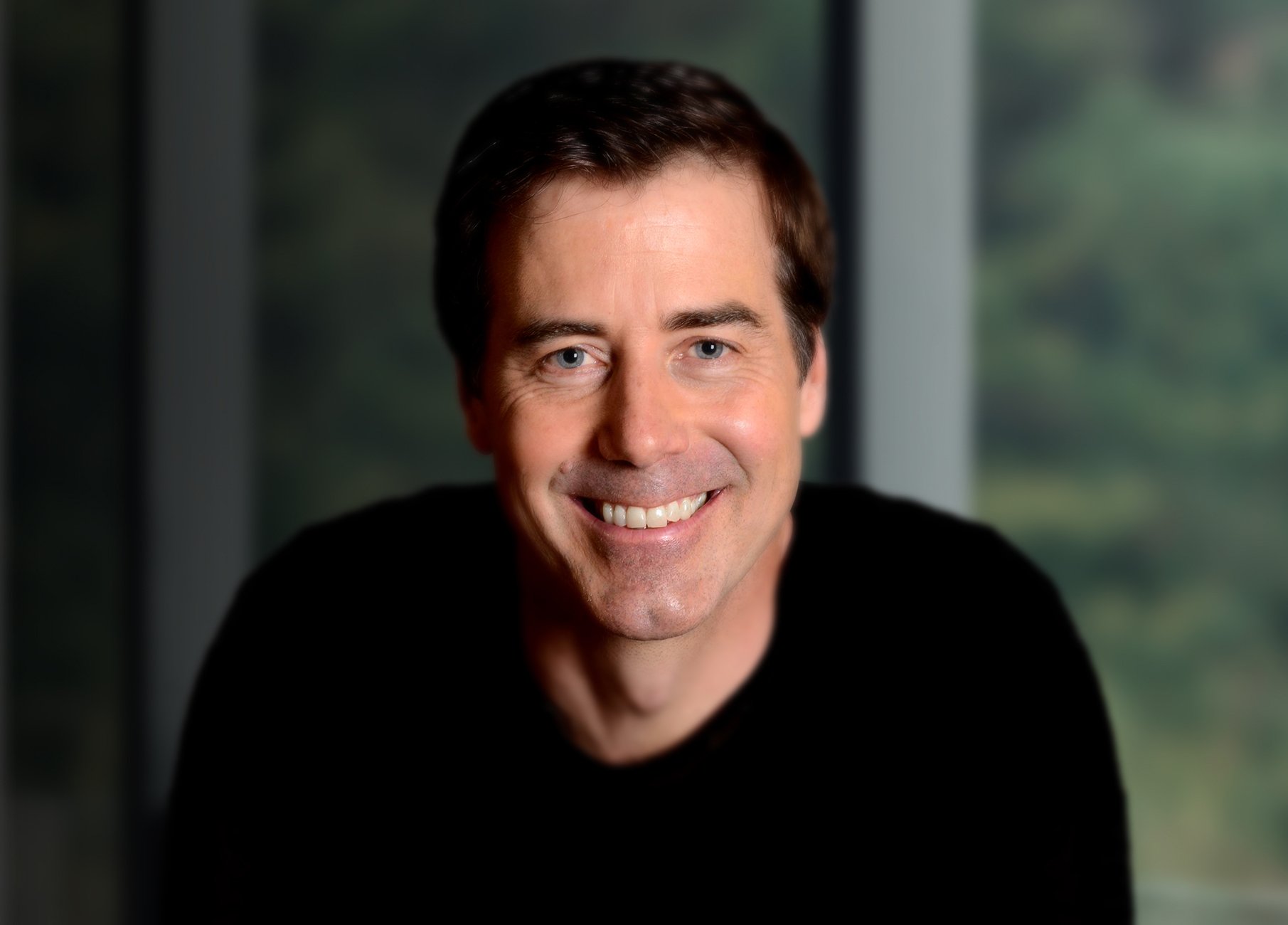How to Keep Chronic Illness or Pain from Hijacking Your Spiritual Progress
For many of us on the spiritual path, the experience of physical illness or chronic pain presents one of the greatest challenges to our equanimity...
4 min read
 Craig Hamilton
:
Apr 17, 2020 12:45:00 AM
Craig Hamilton
:
Apr 17, 2020 12:45:00 AM
I hope you’ve found the “Spiritual Survival Skills” I’ve been sharing to be helpful in supporting you during this volatile and disruptive time.
In the 15-minute video below, I explore the second of these skills, which I call “Staying Centered No Matter What Happens.” I’ve found it to be a crucial skill to navigating the fast-changing terrain of modern life, particularly then things get challenging.
Below the video, I’ve also included an edited transcript and an audio recording of the talk, if you’d prefer to engage the content in that way.
Want to listen to the talk instead of watching? Click here to download an MP3 version.
The second “spiritual survival skill” has to do with a spiritual quality often known as equanimity. Equanimity means not being knocked off center. It means being rooted in a depth that is unaffected by the ups and downs of life—that’s not being whipped from side to side by the volatility of what’s happening in the world.
Equanimity means that whatever happens to me, inside or out, I’m fundamentally centered in a place that is not affected
This is one of the remarkable qualities of awakened consciousness. If you’ve had any experience of awakening or been around awakened human beings, you’ve probably found that they have this ability to just be steady. There’s a solidity, a weight, a depth.
One confusion people have about spiritual awakening is they think it means that you just feel great all the time. They assume you must be happy all the time because you know the divine source of things.
There’s a kind of truth to that assumption. When we discover our essential nature—when we discover the beauty, profundity, and depth at the root of our own consciousness, there is a kind of fundamental happiness that’s always there. It’s a fundamental sense of positivity that we are rooted in no matter what happens.
On the other hand, any awakened person is still an emotional human being who cares about things that happen in this world. They still experience all the emotional ups and downs of life, just like anyone else. But the equanimity that we encounter in awakening comes from being grounded in that which is not subject to the comings and goings, to the ups and downs.
There are good metaphors for this. The kind of equanimity I’m talking about is like being a big, strong tree that has roots going deep into the earth. No matter how strong the storm winds are that hit it, the tree doesn’t blow over because it’s so deeply rooted.
We can also think of a giant boulder sitting in a riverbed. No matter how deep and furious the floodwaters get, the boulder just sits there unmoved because it has so much weight.
Both of these are good metaphors for the way that spiritual depth gives us this equanimity—this ability to be unmoved and to not get knocked off center. Our roots don’t get pulled up. We don’t get blown around by the storm. We are unmoved by the floodwaters of life. We’re able to be a steady, powerful presence.
Just think about what’s been going on in the world, and the many different kinds of reactions people are having. Imagine a world where even 10% of us could hold the kind of equanimity and depth that I’m talking about. We could be a source of so much steadiness, reliability, and strength for everyone around us.
Like the other Spiritual Survival Skills, we don’t need to wait for a lightning bolt of spiritual awakening to give us equanimity. It’s something that we can practice directly in meditation, which opens the door to the depths of awakened consciousness. It’s also something we can practice in life.
When you’re sitting still in meditation, you’re literally practicing the position of being unmoved by anything that’s happening in your experience. You can rest in a place that is deeper than your mind, or your emotional ups and downs. It’s untouched by the winds of time and change. It’s always at peace and at ease. In meditation, you’re taking up a posture that makes room for everything to happen without you having to get involved in any of it.
To further demonstrate what it means to access this depth and solidity in meditation, I’ve included a guided meditation in the video at the top of this page.
Even as we move through the world in our lives—as we engage with life , and actively try to make things happen—it’s possible to do it all from a place where we’re deeply anchored in this profound depth.
It’s something that we can practice. In fact, there are a lot of practices for this, but I want to focus on one of them here. Begin each day by grounding yourself in an intention to live your life centered in the profound stillness that is always here. Commit yourself to discovering what it means to live from this center that is not reactive to the ever-changing world around you or the ups and downs of your emotions.
As you go through your day, engage a living, ongoing inquiry into how to remain rooted in this stillness, even as you participate in activities, relate to others, and solve problems.
When challenging situations arise or you notice you are losing touch with the stillness of this deep, quiet center, take a moment to step back from whatever you are doing and reflect on what is knocking you off center. Pause and return to your intention to remain centered, step back into stillness and re-engage life from there.
It can be helpful to keep a journal where you can reflect on your learnings and deepen your understanding of what it means to live from the center.
The key to this practice is allowing yourself to step into the deep stillness inside you and explore what it’s like to live from that centeredness. Then observe what happens.

For many of us on the spiritual path, the experience of physical illness or chronic pain presents one of the greatest challenges to our equanimity...

At the heart of spiritual awakening is the recognition that life is deeply and fundamentally good. Despite all of the difficult and bad things that...

When we hear the term “spiritual practice,” most of us think of a technique that is performed repeatedly over a long period of time in order to...